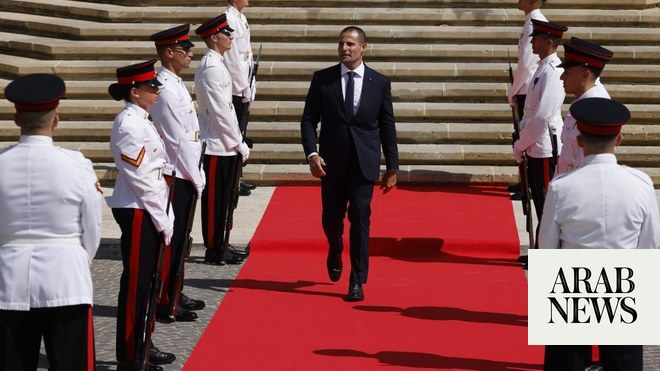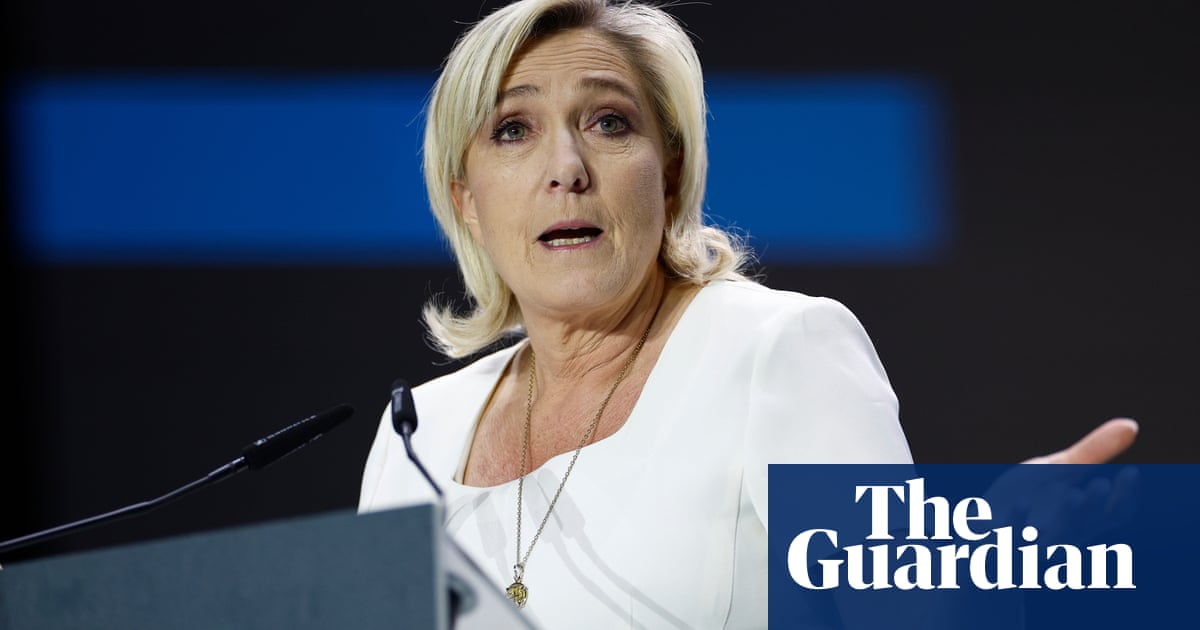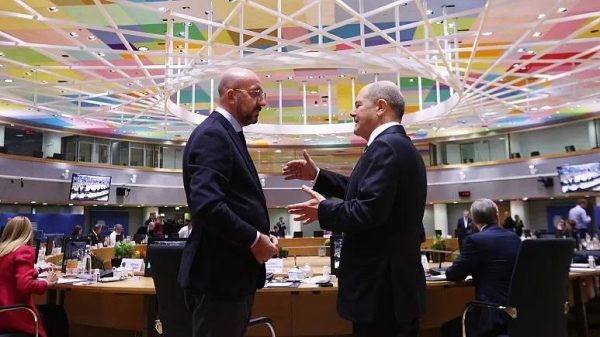
More than 40 European leaders are gathering in Prague on Thursday for the inaugural meeting of the European Political Community.
The new club of nations has been billed as a possible international forum for discussion about the challenges facing the continent.
Ukrainian President Volodymyr Zelensky will join the meeting virtually with the war set to dominate the meeting agenda.
Leaders will also discuss the economic situation, energy and climate, and migration and mobility, in smaller groups before breaking up for bilateral meetings.
"It is an important meeting because 44 countries are gathered today, sharing the same continent and facing the same challenges in terms of stability, security, and energy situation, also in terms of migration, mobility," European Council President Charles Michel said as he arrived at the Prague Castle for the summit.
"It is certainly useful to have this platform, which will allow us, I hope, to exchange in substance on how to converge a certain number of actions in order to defend the interests of our citizens everywhere on the European continent," he added.
The new format was dubbed a "United Nations in Europe" by Lithuanian President Gitanas Nausėda and a "historic event" by his counterpart in Iceland, Katrín Jakobsdóttir.
"It"s interesting because here we have EU leaders and non-EU countries meeting and really talking about European politics, not just in the EU context. And I think that"s a good thing coming from Iceland," she told reporters upon arrival.
French President Emmanuel Macron first floated the idea of this community during a speech at the end of the Conference on the Future of Europe in May as Russia"s unprovoked aggression on Ukraine was entering its third month.
Macron said then that the EU couldn"t be the only way of structuring the European continent and that it was time to organise Europe with a broader scope.
European Commission President Ursula von der Leyen also called for this new community during her September State of the Union address.
To assuage the concerns of Western Balkan counties that have been waiting in the EU"s wing for years, both Macron and the Commission chief stressed that this new format would not be a replacement for enlargement.
This was echoed by an EU official this week, who said that discussions with Western Balkans countries had in recent years focused solely on the accession process but that the new political community would allow for "broader political discussions" on security and stability.
"We want the whole of Europe, not only the European Union, to pursue a policy of security, peace, expansion, freedom and economic growth," Polish Prime Minister Mateusz Morawiecki said on Thursday.
"We want to help our neighbors. We know very well that peace throughout Europe depends on a safe neighborhood, so to speak, but also in the Western Balkans," he added.
Macron, for his part, said the aim of the meeting was to send a message of unity and to "build a strategic intimacy" with all European countries.
"The objective is first of all to share a common reading of the situation affecting our Europe, to build a common strategy and therefore a strategic conversation which until now has not really existed and which could give rise to divisions. And I hope to come up with common projects," he added.
Norway, Switzerland and the UK, which do not want to be in the EU, are also attending. All three have deep economic ties with the EU but have had no opportunities until now to discuss wider pan-European issues.
British Prime Minister Liz Truss spoke during the opening plenary session, stating that "Europe is facing its biggest crisis since the Second World War. And we have faced it together with unity and resolve."
"We must continue to stand firm - to ensure that Ukraine wins this war, but also to deal with the strategic challenges that it has exposed," she added according to a Downing Street statement.
She is later scheduled to have one-on-one meetings with French President Macron and Dutch Prime Minister Rutte to discuss shared issues including energy and migration.
There will not be a formal written text following the first meeting of the community. Michel and the Czech Prime Minister Petr Fiala are however expected to take part in a press conference.
The leader of the country that will host the next meeting — expected to take place in six months — could also join them if the 44 have reached an agreement. Both the UK and Moldova are believed to have thrown their hat in the ring.
Leaders of the 27 EU member states will meanwhile meet alone on Friday for an informal EU council meeting to fine-tune their common response to the war in Ukraine and its consequences on economic and energy markets.
Divisions between the member states over sanctions on Russia and the best ways to shield Europeans from spiraling cost of living and energy crises have however started to expose deep cracks in the bloc"s unity. — Euronews











